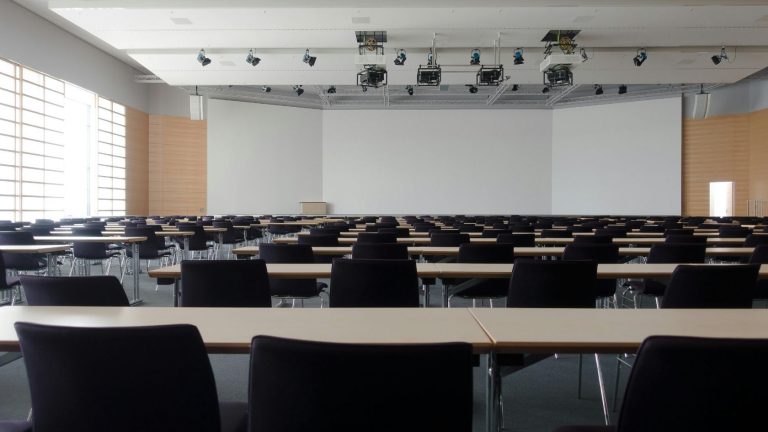Enhancing Concert Experience: The Benefits of Accessibility Lines for All Attendees
There is no question that the entire concept of concert culture has been completely overhauled since COVID-19 put a stop to live music for many months back in 2020. Now, if someone were to walk by a venue hosting a concert at nine p.m., it would not be uncommon to find a queue already forming by noon on the pavement outside. The concept of queuing and waiting already seems torturous for any fan who is fully able-bodied. Yet the process will most likely be far more strenuous for fans with a disability.
What are accessibility lines?
As opposed to the U.S., where disabled fans are left mostly to their own devices, the U.K. has a system in place that aims to assist fans who may be disabled and still want to queue to be closer to the stage at a show. This process is commonly referred to as an “accessibility line”. In this line fans who can provide proof through documents such as a letter from a medical professional are allowed to queue for a shorter period of time, as well as being let into the venue before the general crowd.

What are the benefits of such a line?
The accessibility line process provides disabled fans with an equal opportunity to see their favorite artists. In many cases, such fans would not be able to properly wait in an extremely long line, which is now common with concerts of any size. Additionally, the separate walk into the venue would allow the concertgoer to pick where they would like to be throughout the duration of the concert which greatly alleviates anxiety for many. Furthermore, most walks into venues often result in fans becoming ruthless towards one another, caused by a horde of people quickly running into a venue for a spot closest to the stage. The accessibility line allows disabled fans to know that they can make it to their desired location without conflict.
Are there still downsides to such a process?
It is without a doubt not a perfect process by any means. In many instances, venue staff aren’t properly trained in how to handle such lines. On X, Kevin Satizabal mentioned, “I’ve never even contemplated the idea of going to a gig by myself, just because the idea of staff not meeting me at the end or feeling like I can’t easily get to where I need to be is overwhelming”. Additionally, while this may be a service offered at many venues, the spaces themselves are often not very friendly to those with disabilities, usually having cramped and dark spaces, a lack of water, and bright strobe lights. The vast majority of problems that arise for disabled concertgoers demand the promotion of those who are fighting for change in concert venues.
Why does no such process exist in the United States?
It is horrific to consider the idea that venues in the U.S. do not consider helping disabled concert attendees a priority. While accommodations such as wheelchair seating and ramps exist through the Americans with Disabilities Act, it is still up to the individual attendees to struggle to gain assistance throughout a show. Without a doubt, having to show up to a venue and relentlessly ask for accommodations would make anyone much less likely to enjoy a concert experience. This is a shame as everyone should equally be able to partake in events they love without unnecessary conflict. A change to the typical concert experience in the U.S. would only be possible through further pushback against the system by people who are willing to speak out and fight for equality and inclusion in this setting. Venues should know that creating a better and safer experience is possible for all attendees.
In Conclusion
Any fan, no matter the state of their disability, should be able to enjoy a show as much as everyone else around them. The creation and continued support of accessibility lines in the U.K. shows that it is possible to create a safer environment in other countries where any service like this may be lacking. These lines do not give any concertgoer an advantage, they simply level the playing field so that every person in the venue can have a safer and more comfortable concert experience.





